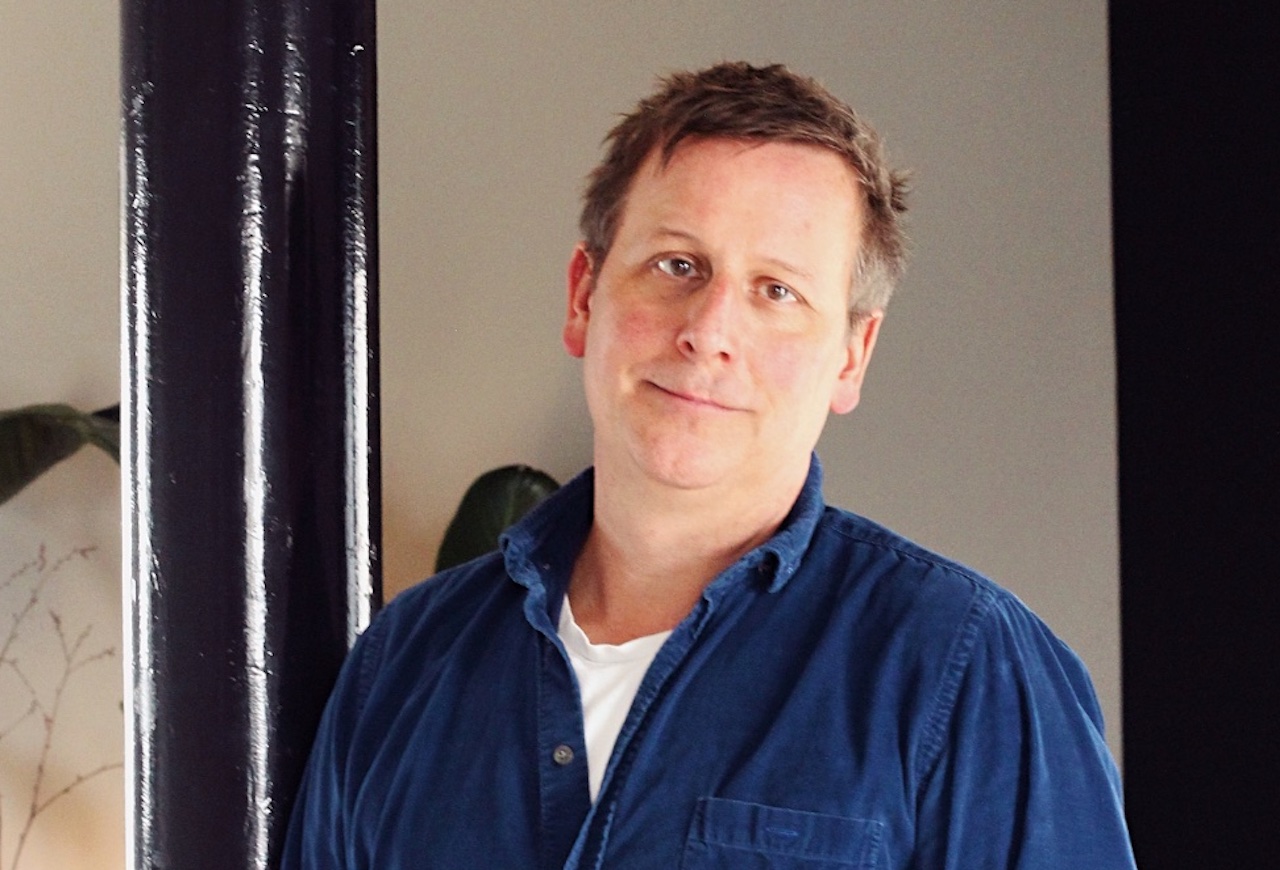We sit down with Jean de Fougerolles, managing partner and founder of impact venture capitalists Ascension, to discuss how ‘tech for good’ can deliver returns and positive impact for people and planet.

In brief
- Ascension is a UK-based seed investor with a focus on impact.
- All investments tackle the “poverty premium” in the UK. Fougerolles says: “It is a weird market failure that poor people are paying more for all kinds of essential services.”
- In the future, the “cost of living crisis” will expand the proportion of society they are seeking to help.
Since 2014, Ascension has established itself as one of the leading UK seed investors, and a go-to place for UK entrepreneurs seeking funding. The team takes a ‘first look’ at over 3,000 investment opportunities a year, in search of the standard VC must-haves: strong dedicated founders, robustness of IP, and a compelling business model. They also provide the level of support for entrepreneurs you would expect: mentoring, networking, and fundraising.
But for Ascension, venture capital comes with a definite impact twist. Jean de Fougerolles, managing partner and founder, originally trained as an economist before working for an NGO in New York.
He tells us “nonprofit and wanting to make the world a better place has always been in my mindset”. Having created a successful tech business which was sold to Virgin Media, de Fougerolles tells decided he wanted “to focus in on ‘tech for good,’ whether that is the good of people or the planet”.
He founded Ascension in 2014 and started making early-stage tech investments, including managing a fund for Birmingham City Council.
Among major investors now backing Ascension’s funds funds are Big Society Capital, who acted as an anchor investor, the Joseph Rowntree Foundation, Guys’ and St Thomas’ Foundation, and numerous family offices and corporations, including Places for People, one of the largest housing associations in Europe.
Ascension’s impact investing
Ascension created its Fair by Design fund six years ago and since then has invested in some 25 different UK companies building scalable tech businesses specifically tackling the “poverty premium”. “It is a weird market failure that poor people are paying more for all kinds of essential services,” he says.
Ascension worked with Bristol University to identify where the most significant gaps in the market were and found that overall the bottom 20% of the population by income were paying high premiums for a range of services including the cost of energy, credit, food, insurance and transport. “We have sought to identify enterprises with new solutions to make that bottom 20% of the population have better access to services at fairer prices.”
Fougerolles estimates that the impact of the Fair by Design portfolio 25 companies has already been very significant, helping some two million UK households and eliminating £200m worth of poverty premiums.
Portfolio companies
Fougerolles highlights two investments in the social impact sphere. The first one is Wagestream, one of their early investments. “We wanted to help millions of individuals working in the NHS [national health service] and other industries who were forced to fall back on payday lenders to bridge their spending needs, living pay check to pay check, often at ruinous prices.”
Wagestream not only helps them with direct access to their wages, but also educates them about saving and managing their finances.
Another investment, Credit Kudos, is a similar access-to-finance initiative helping out where computerised credit assessments too often say “no” to the disadvantaged borrower by focusing on new forms of data to create a more granular credit profile for individuals.
In the environmental area, Fougerolles cites Switchee, proivders of a smart thermostat which is increasingly being used in UK social housing to reduce fuel poverty. “From the housing manager’s point of view, it allows them to monitor for health issues such as mould. From the tenant’s point of view, it allows them to reduce their energy consumption by monitoring which rooms are being used when.” The overall energy saving comes out as an estimated average of £250 (€290) a year on energy bills.
Similarly helping the environment, is Ascension’s investment in Ride Tandem, recently covered by Impact Investor, which provides more sustainable shared commuter services for employers whose staff would otherwise struggle to work due to the cost, inconvenience, or absence of public transport options.
Decade of purpose
Ascension is in the process of raising money for a new £50m fund which will tackle the cost of living crisis. “In the future, I expect our focus to expand from the bottom 20% of society by income to the bottom 40%, who are struggling to make ends meet. We will seek to give them the tools to improve their incomes and to cut their costs. As such we will seek to improve the human P&L.”
De Fougerolles adds: “We’d like to prove to investors that ‘tech for good’ does not compromise returns while at the same time delivering real help for some of society’s biggest problems.”
As he sees it “the 2000s were the decade of communication in the technology space with the likes of Google taking off. The 2010s were the decade of convenience thanks to Amazon, Deliveroo, Uber and various other tech developments. The 2020s will be the decade of purpose. This is the focus for investors and for the talent which we seek to attract.”






